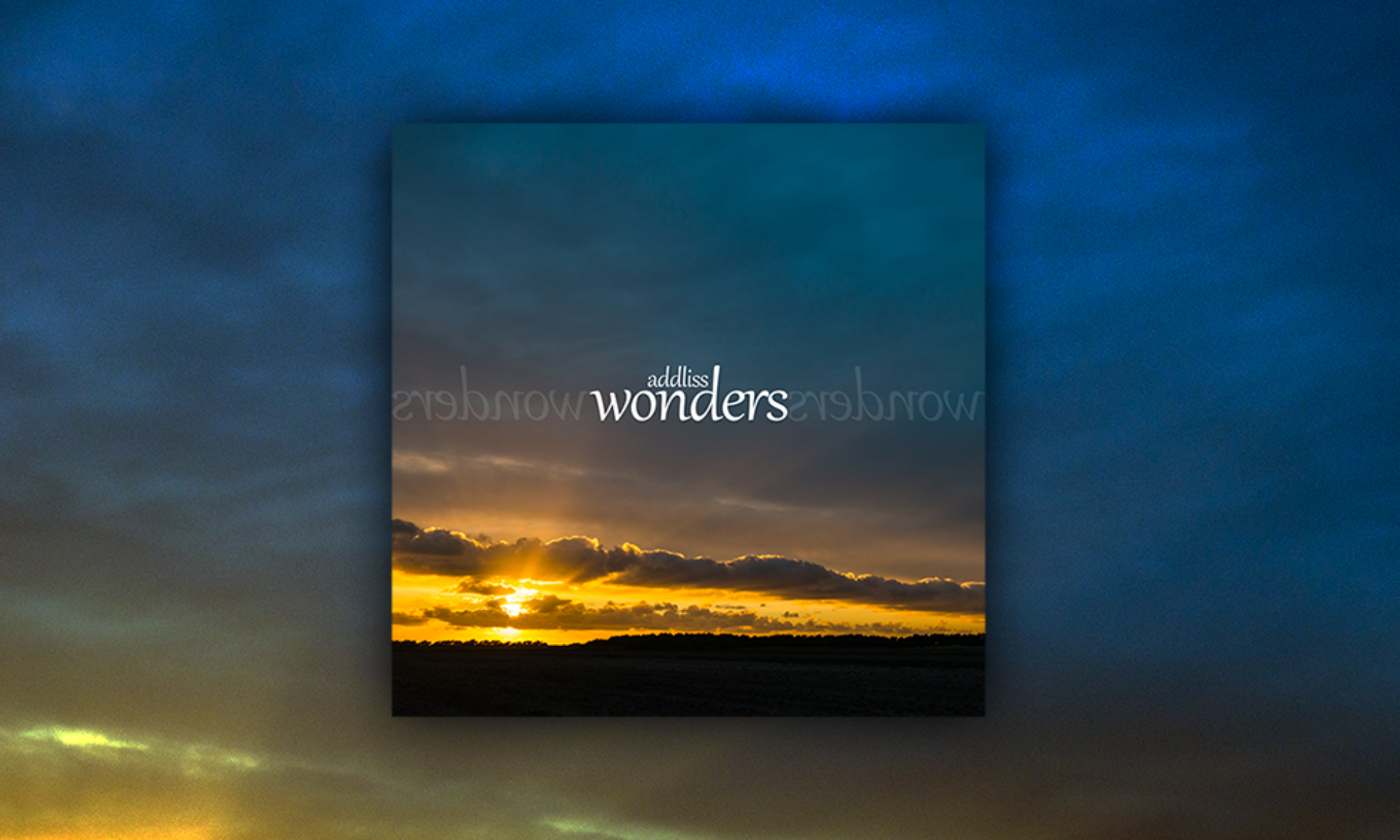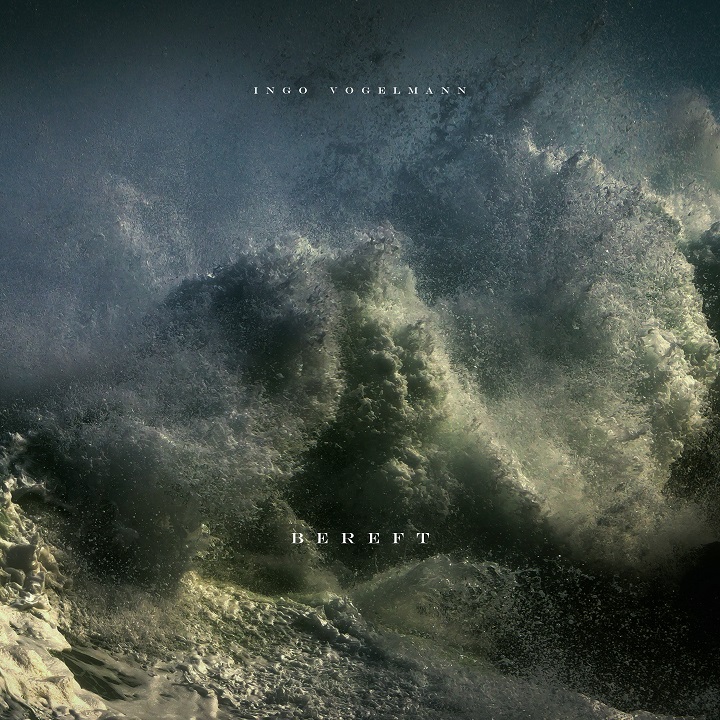Ingo Vogelmann will release his fourth album in 2023. Being away from music production for quite some time Vogelmann seems to have his most productive year so far. After As Above, So Below, Weigthless, and Elegy for the Living he digs deeper into Ambient soundscapes. Long story short: listen to it and contemplate the reason you exist. It is best suited for very close listening and exploring your mind. It will be released on every platform on November 3rd, 2023 – for example Bandcamp, Spotify or Apple Music. Ingo sent me a review copy upfront so I could give it a listen.
If you need some music to meditate, to drift to a deeper state of mind or to heal wounds, this is your album. „Bereft“ by Ingo Vogelmann is possibly the most Ambient album he ever produced and it is – as always – on top of production and consistency. Be it petite pads, glistening plucks or cautious beats accompanying, this album shows how lyrical and soulful Vogelmann’s music can be. Also, it tells a story of being hurt, being left alone, being not in the place you need to be – thus „bereft“ – which Vogelmann puts into every track and into the whole concept.
I will give a short review of every track, as this needs to be done with such mindful music.
1. Primal Wound
Of course, the first track broaches the issue of trauma. The first, very reserved, pads are introducing the album. In the first place they are neutral, textured and somehow hopeful. After a break at 2:35 min you can hear major changes. Although the pads continue, there are harmonic changes entering the stage. The deep pads provide some tonal safety, but also have a menacing undertone. In the end it seems like the individual present in the music copes with the primal wound. For now.
2. Bereft
The name giving track proceeds with textured pads adding some new harmonies and also introducing a harp (or Kithara?) representing some joy. The very playful character shows enjoyment and permanent satisfied mood. Even some beats adding some structure support that the individual feels pretty fulfilled, but the name hints at problems. Also, in the last 1:30 min there is a remarkable break with new pads outfading the track, not really matching the first 9:30 min of harmony.
3. Distant Shores
The third track sounds a bit more like problems. Though all the pads used here have some correlation, the different layers of sound don’t seem to have a bigger context. Somehow all in all they seem atonal in the beginning, leading to the first minor key on the album. This represents the trauma breaking through forcing the individual to a different direction. With the Kithara still present, but now in the minor key, that reflects the individual is still the same drifting in another direction.
4. Take My Demons Away and My Angels Will Follow
The different direction are demons burdening the individual’s soul. They are present in the 4th track in the minor key and returning deep string pads. All of it has a definite tonal center and seems static, more melancholic, as if the individual is reflecting about the events happening. The beats aren’t as playful as in „Bereft“, heavier and slower, as if time is ticking while the individual is contemplating.
5. Burning the Candle at Both Ends
The next track continues the concept of a single tonal center, this time a bit more with glistening pads. Still, the melancholy is present and dripping through every synth pluck arpeggio. The track builds slowly, as a candle burns slowly. But in the end it seems like all is lost.
6. A Heart Left Barren
The sad mood leads deeper and deeper, sounding like despair in the next track. It starts very static with a minor key dominating the heart and mind of the listener. It seems like there’s now way out, the newly introduced stab synths feeling like strokes of fate. The individual can’t evade depression, having the whole track in the same key, except at 4:53 min entering a piano which sounds like a ray of hope.
7. Once a Realm of Endless Bloom
The 7th track also starts with very mindful pads, not showing a lot of movement, but still some texture. Olivier Messiaen created the concept of microtonality, having minimal movement in the notes, and this in the beginning sounds like a reminiscence of it. But Vogelmann is still Vogelmann and evolves the first atmosphere into something deeper with beats while reintroducing the Kithara. Does this mean, there are some thoughts about the primary happiness still present? The beats are still heavy, but the plucked instruments break through here and there.
8. Severed From the Tree of Hope
For a long time the listener has been dragged deeper and deeper into very woeful sounds. And the title of the next to last track seems to lead into the same direction. The tonal center is still present, the minor key, too. But the pluck synths are step by step paving a way out of the hole. They linger and move like mist through a very cold morning. With entering lighter beats the fog lifts a bit, still keeping the listener’s mind in a meditative state.
9. Heritage
Finally the individual has laid out all his mind, heart and soul. Continuing the pluck arpeggii the music finally returns to deep and somehow threatening deep pads. Vogelmann brings back nearly every element – glistening plucks, slow beats, static string pads – as if all culminates in this track. Maybe this is the idea of the title: heritage can be the source of all the individual’s mourning present in the music.
Conclusion
While nearly every single track seems to have depressing elements, the album all in all sounds pensive and thought-provoking. Vogelmann’s music has always been deep and mindful, this seems to be his most contemplative album. And I feel he has even taken the next step musically and productionwise, not only using arps and beats as moving elements, but also connecting them even better to the melodic structures. This album sounds adult and serious about everything. You should listen closely and find all the small perfections in it.

